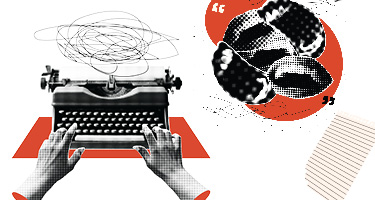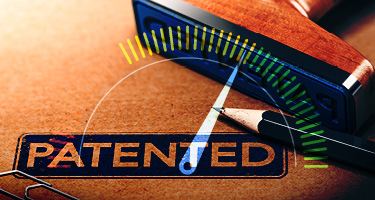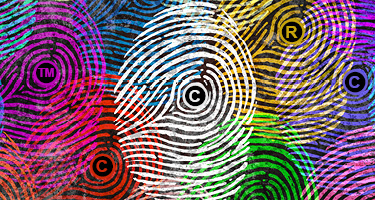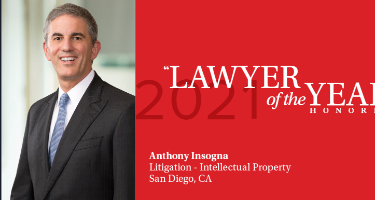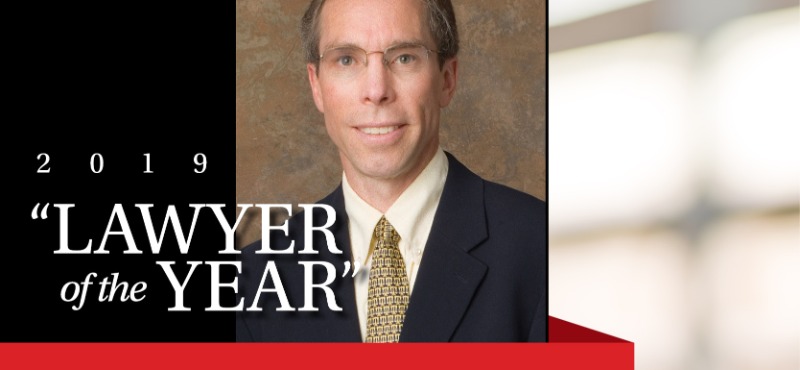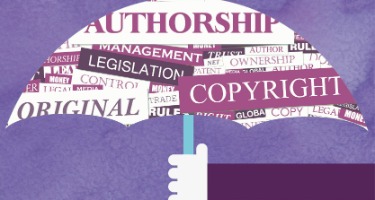If you want to use content that you did not create, it is helpful to know whether that content is copyright-protected or whether you can use it without permission. Whether the content is text, drawings, graphics, photographs, or sound recordings, the rule is always that if it is in the public domain, you can use it freely and without permission. Public domain is often misunderstood though. Just because something is on the internet and widely copied does not necessarily mean that it is not copyright-protected. Materials are in the public domain if the copyright has expired, if it was a U.S. government created work, if there is no author of the content, or (possibly) if the author waives her copyright or donates the content to the public domain.
Determining whether the copyright on a work has expired can be difficult because of changes in the copyright laws. In the United States, if you create a work today, the copyright will expire seventy years after your death. If the work was created under a work for hire agreement, the copyright will expire 95 years from the date of publication or 120 years from creation, whichever comes first.
However, because of several changes in U.S. copyright laws, you cannot simply determine when the creator died and count forward seventy years. That method will only work if the work was created after 1978. One very simple test is that all works published in 1925 or earlier were in the public domain as of January 1, 2021. If the work you are investigating was published between1925 and 1978, there are online tools for determining whether a work has entered the public domain, such as https://copyright.cornell.edu/publicdomain, provided by Cornell University.
If you want to copy content that is in the public domain because the copyright has expired, be sure to use the original version. For example, a Shakespeare play is in the public domain, but a modern adaptation of it would not be. If you use the original play, you do not need permission. On the other hand, if you use a modern adaptation of the play, you would need permission from the recent creator.
Another source of public domain material is government content. Although giving proper credit is still important to avoid plagiarism, there was no need to obtain permission from the government to use government-created content. The Copyright Act provides, “copyright protection under this title is not available for any work of the United States Government, but the United States Government is not precluded from receiving and holding copyrights transferred to it by assignment, bequest, or otherwise.” The Copyright Act defines government works as “a work prepared by an officer or employee of the U.S. government as part of that person’s official duties.”
While having the ability to use federal government works without permission is a great benefit, it is not without limitations. First, the rule applies only to works of the federal government, not to those of state and local governments. Also, some works of the federal government contain the works of others, such as government contractors. If it was created by someone under contract with the government, the contract itself will govern whether the works will be in the public domain. For example, NASA is under contract with the federal government. All of the photographs of space taken by the Hubble Telescope are in the public domain because NASA’s contract with the government provides that its works are in the public domain.
Another category of public domain works is content that ended up in the public domain because there is no author. While a rare occurrence, there are instances where courts have determined that a particular creation has no author and, therefore, no copyright. The most common way this occurs is when a photograph is taken in a way that involved no artistic input by a person. One example would be someone randomly or accidentally pressing the camera button on her phone and ending up with an unintended snap shot. Another example was when a crested macaque monkey snapped a smiling selfie of himself using a wildlife photographer’s camera. The court determined that since a monkey is not a person, there was no “author” and thus no copyright and the photo is in the public domain.
Finally, the author of content can possibly waive his copyrights or donate his content to the public domain. There are no provisions in U.S. statutes for this process and it is essentially a type of a contract. Creative Commons is a non-profit organization dedicated to helping people freely share content. Creative Commons describes the problem as difficult, if not impossible, for those wanting to contribute their works for public use before applicable copyright or database protection terms expire. Few if any jurisdictions have a process for doing so easily and reliably. Laws vary from country to country to what rights are automatically granted and how and when they expire or may be voluntarily relinquished. Some countries effectively prohibit any attempt by owners to surrender rights automatically conferred by law, even when the author wishing to do so is well informed and resolute about doing so. The solution offered by Creative Commons is CC0, a universal symbol placed on content that notifies others that the author waives her copyrights to the extent permitted by law to do so. This is not truly public domain though, because an author can change his mind and attempt to reclaim his copyrights. If you want to know if any particular item is in the public domain, Project Gutenberg, at www.gutenberg.org is a good resource because it has a comprehensive collection of public domain material.
In addition to public domain materials, there are materials available for license that are royalty-free or do not require permission to use. A copyright owner may choose to allow others to use content free of charge and without permission or attribution. Freely licensed materials will be the subject of our next article.
This article is an excerpt from the book, Protect Your Photographs: A Legal Guide for Photographers, by Maria Crimi Speth, Esq., available on Amazon. Ms. Speth is an intellectual property attorney and chair of the IP group at the Phoenix law firm of Jaburg Wilk. She has expertise in copyright law, trademark law, and Internet law. She focuses on litigation involving intellectual property rights, privacy and First Amendment rights. Ms. Speth is also the author of the book, Protect Your Writings: A Legal Guide for Authors.

